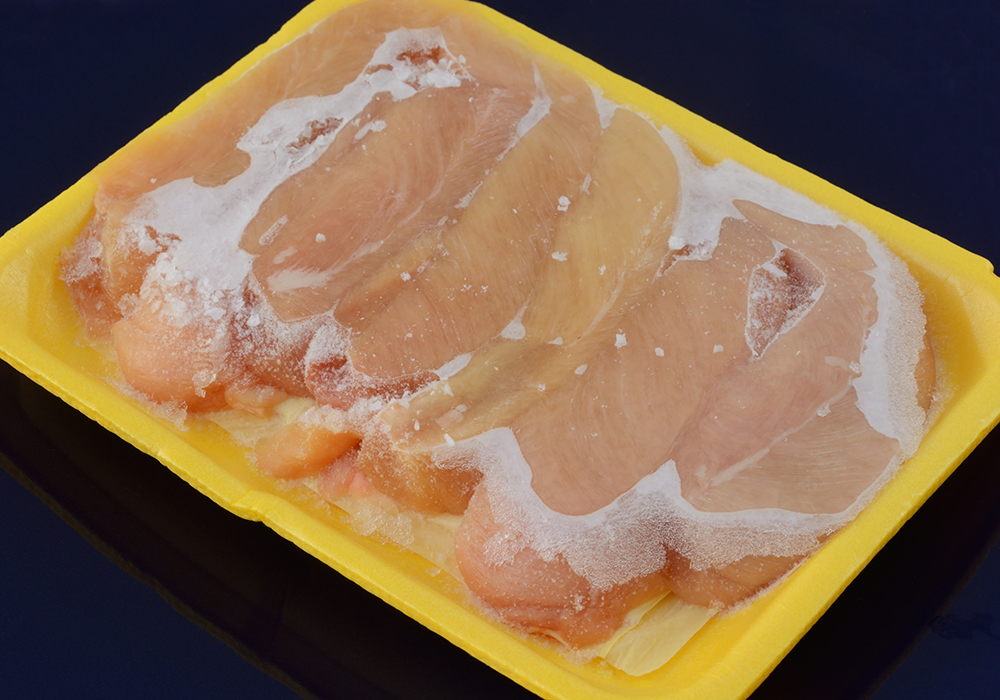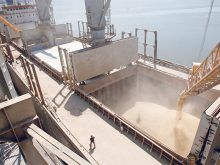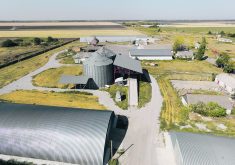Chicken exports from Ukraine raised hackles at the House of Commons agriculture committee last week after the Canadian Food Inspection Agency approved products to come into Canada without tariffs.
Bloc Quebecois MP Yves Perron and Conservative MP Richard Lehoux both took issue with the approval coming just a day after the committee held its second meeting on the Ukrainian Goods Remission Order. That order was issued last June and expires in June 2023. However, CFIA hadn’t yet approved chicken exports from Ukraine.
During a Nov. 30 meeting, poultry organizations told the committee they were worried about how the potential exports would affect supply and Canada’s relationship with other countries.
Read Also

Saskatchewan puts crown land auction on hold
Auctions of Saskatchewan crown lease land are once again on hold.
“Given the past few years of uncertainty related to the global pandemic, and now seeing that there’s a war in Ukraine, this urgent desire to issue the export certificates, despite the risks associated with Ukraine’s critical infrastructure, is both questionable and concerning,” Chicken Farmers of Canada chair Tim Klompmaker said during that meeting.
The next day, CFIA approved the certificates.
Perron suggested this sends the message that the committee’s work isn’t important to the CFIA. The committee had planned to send a letter to federal agriculture minister Marie-Claude Bibeau and the CFIA with its recommendations.
“People in the industry raised legitimate concerns, and it might have been good that the CFIA wait for the committee’s report before emitting these permits, and so I find that unacceptable,” Perron said when Bibeau appeared at committee Dec. 7.
Lehoux said the action suggests there is no respect for the committee. He also said that other countries who want access to Canada will be watching with interest and that the industry should have been consulted.
“I’m a bit disappointed in how this issue was handled, Madame Minister, and you don’t have to share my point of view, but I’m a former agricultural producer, and I do know the field,” he said.
Industry was also concerned that the exemption from tariffs and quotas undermines supply management and may include a risk of avian influenza. Ukraine hasn’t reported a case since January, said Klompmaker, but he wondered whether that’s because it doesn’t have the resources to check.
Philippe Morel, vice-president of operations at the CFIA, said the risk of avian influenza entering from chicken exports is low.
“We’re not concerned,” he told the committee, adding that migratory birds are the greatest risk.
Bibeau said Canada is committed to supporting the Ukrainian people and said the decision to allow goods is an “exceptional and temporary measure.”
“We’ve put in place several sanctions against Russia and some degree of flexibility for trade with Ukraine,” she said.
“In the case of supply-managed products, I would reassure you that this is an opening just for one year until the CFIA does the necessary work, as we would do with any new trade partners.”
Bibeau added that she trusts the CFIA and assured committee members “the first containers that come into the country will be inspected and the risk of bringing in illnesses through frozen products is very, very small.”
















